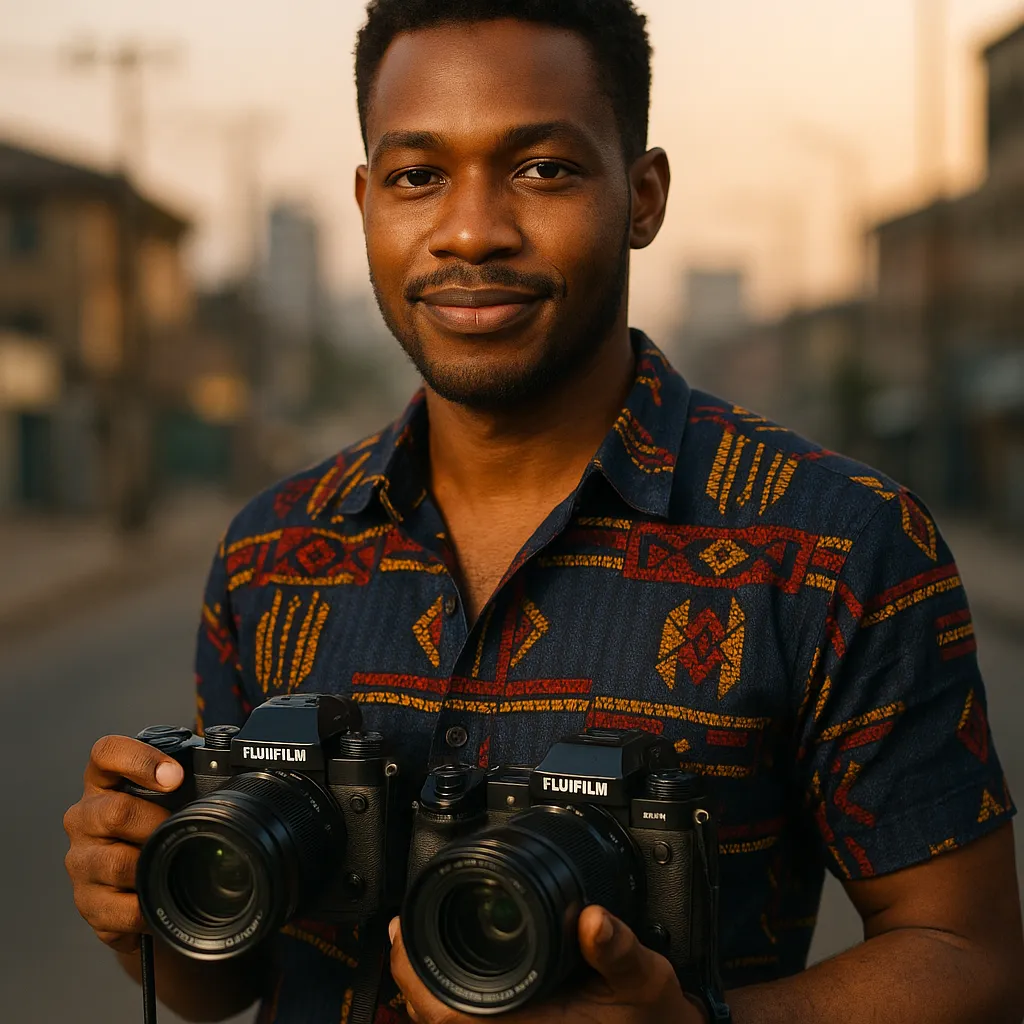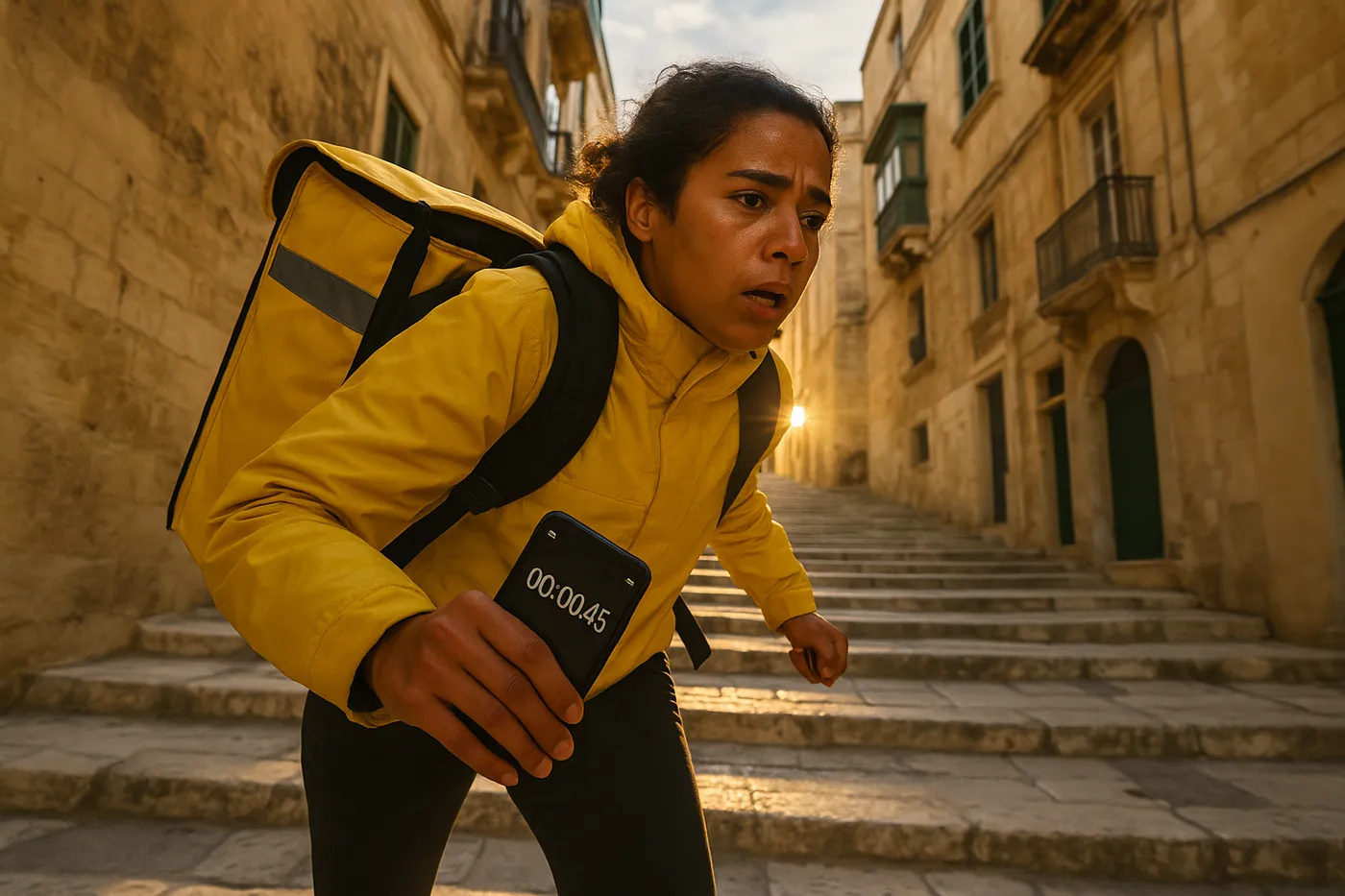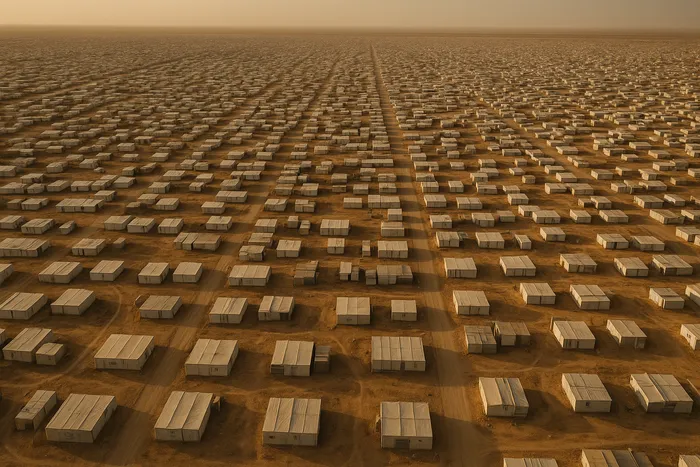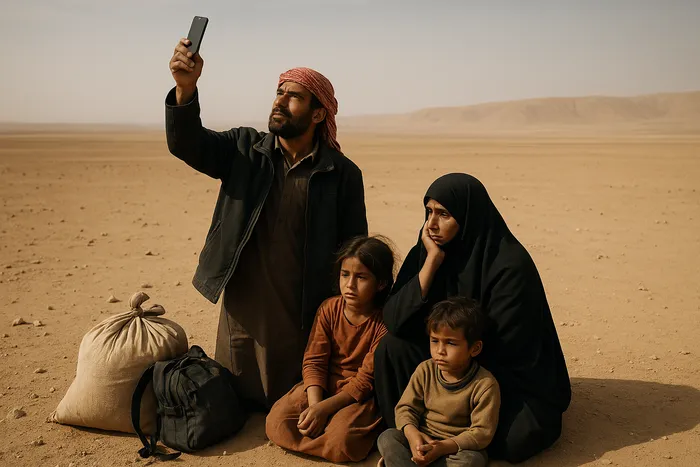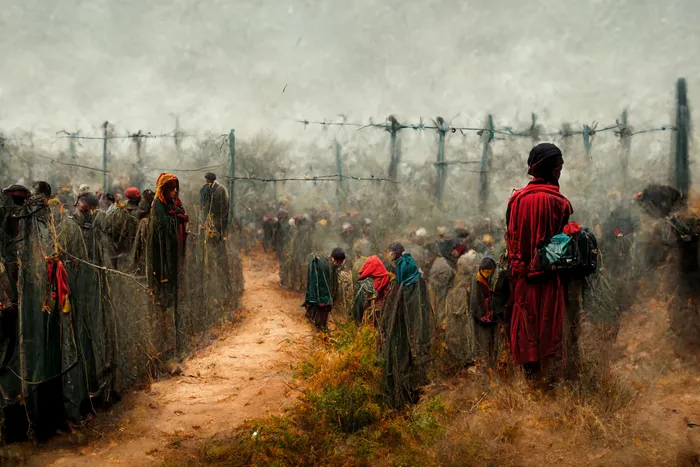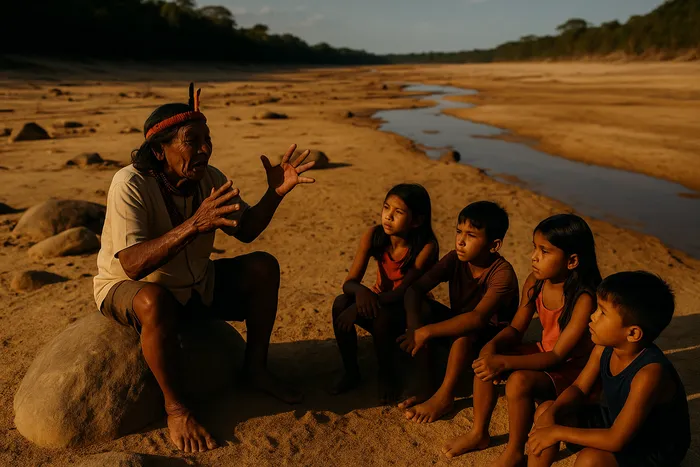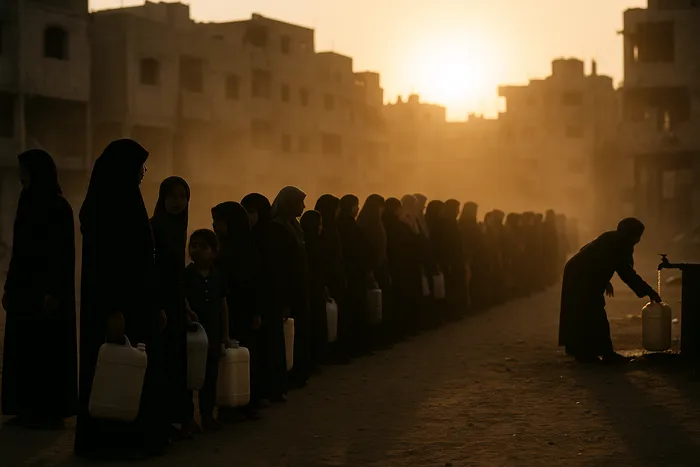The New Metropolitans
In the pre-dawn darkness of rural Ogun State, Adenike Olawale folds her nursing certificates into a plastic bag, the same bag that will carry her dreams 200 kilometers south to Lagos. By evening, she'll be one of 75 million new urban dwellers joining the world's cities each year – part of the largest demographic transformation in human history. Yet the statistics cannot capture the intimate revolution happening in her grandmother's courtyard, where three generations of women negotiate what it means to leave, to stay, and to become someone new.
This is the story of Africa's great urban migration, told through the parallel lives of six young people making the leap from village to megacity across West Africa. Over eight months, I followed their journeys from rural departures to urban arrivals, documenting not displacement but transformation – watching farmers become entrepreneurs, students become cosmopolitan citizens, and traditions evolve rather than disappear.
The demographic shift reshaping our continent demands new visual language. Working with dual cameras, I captured the split-screen reality of migration: one lens following subjects in their rural origins, the other documenting their urban reinvention. This technique revealed migration's essential nature – not a breaking away but a bridging between worlds, a expansion of identity rather than its abandonment.
In Lagos alone, 2,000 people arrive daily from rural Nigeria, recreating the city with each decision to stay, each business started, each family formed. They transform mega-infrastructure into neighborhoods, corporate spaces into communities. Their stories challenge Western narratives of African migration as crisis or desperation. Instead, these new metropolitans embody agency, ambition, and the human capacity to remake themselves and their cities simultaneously.
The urbanization of Africa represents humanity's demographic future. By 2050, two-thirds of the world's population will live in cities, with African urban centers growing fastest. Yet beyond the projections and percentages lie individual stories of courage, adaptation, and dreams made manifest in concrete and community. These portraits capture that intersection where personal ambition meets global transformation.
Image Captions
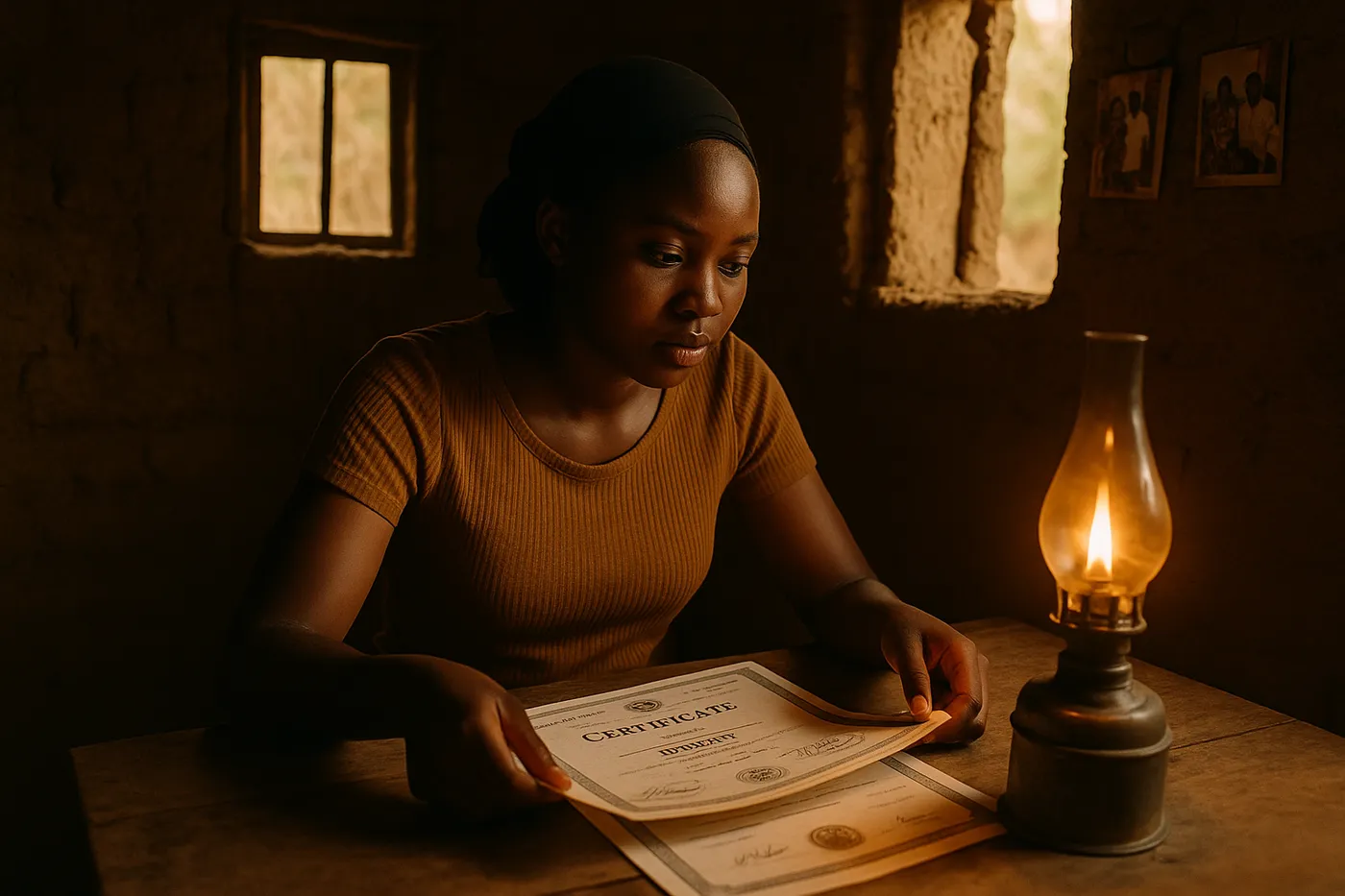
Photo 1: The Departure Decision
Photo 1: The Departure Decision
Adenike Olawale, 24, reviews her nursing qualifications one final time before leaving for Lagos. Her village home in Ogun State will soon house her younger cousin, continuing cycles of rural preparation for urban opportunity. The certificates represent years of rural education aimed toward urban careers – West Africa's educational investment in its demographic future.
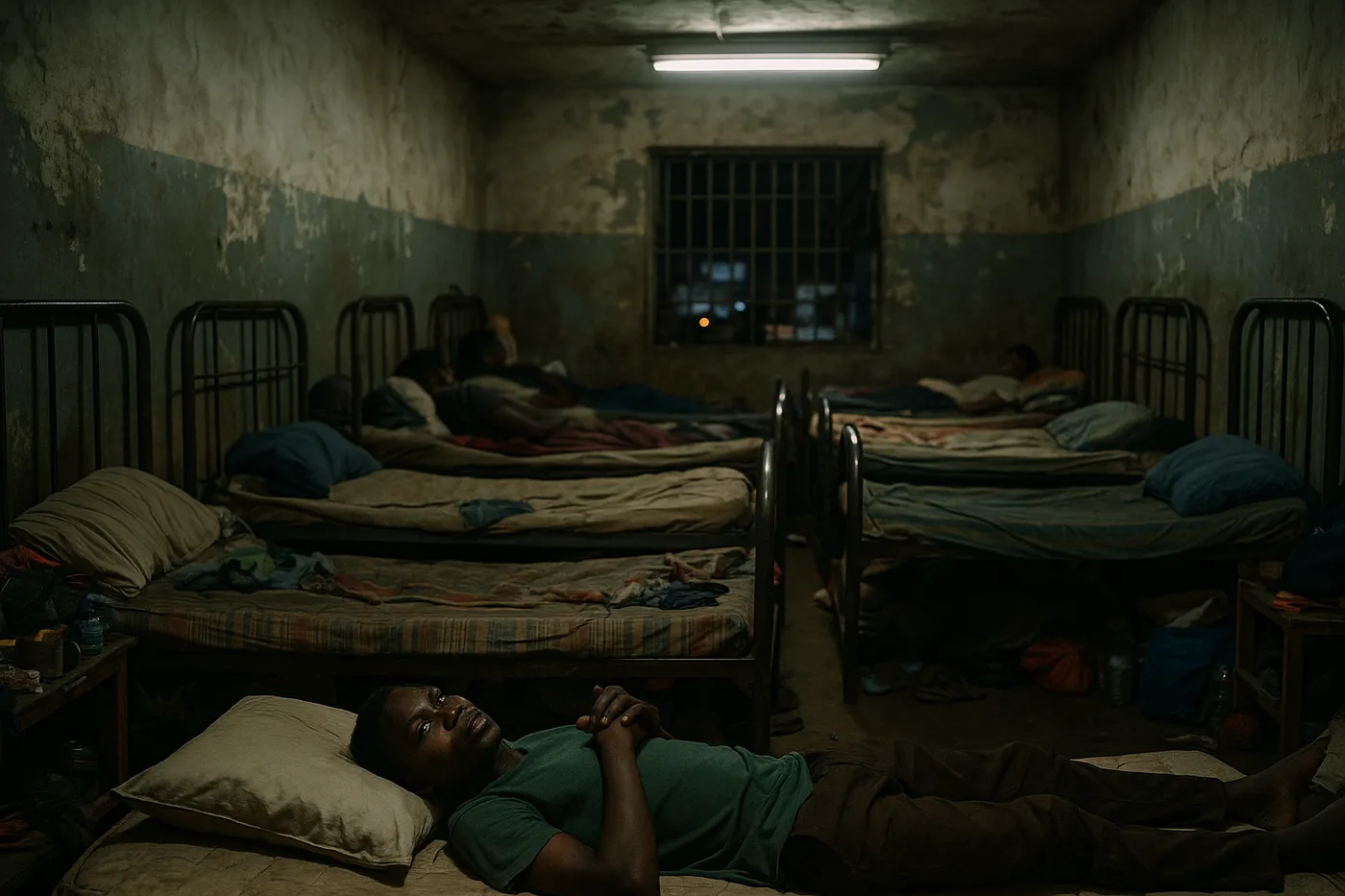
Photo 2: First Night Anxiety
Photo 2: First Night Anxiety
Kwame Asante's first evening in Accra's Nima district, sleeping in a shared room with seven other recent arrivals from northern Ghana. The cramped quarters contrast sharply with his family's compound back in Tamale, but offer something rural life cannot: proximity to economic possibility. His expression captures the universal migrant experience – uncertainty mixed with determination.
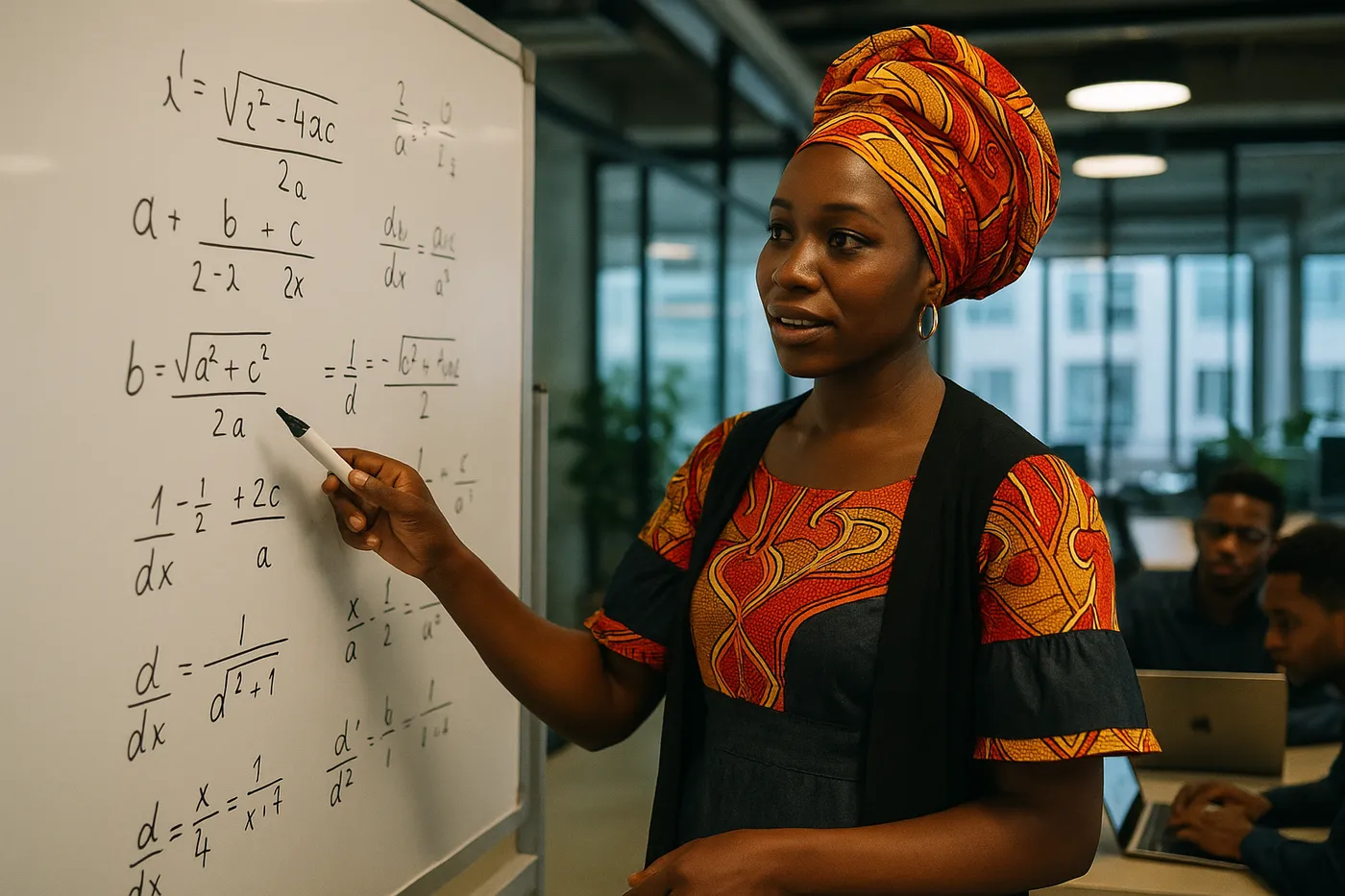
Photo 3: Skill Translation
Photo 3: Skill Translation
Former mathematics teacher Fatou Diallo adapts her pedagogical skills to training Lagos tech workers, transforming rural educational expertise into urban economic value. Her transition from village classroom to corporate training room represents how migration multiplies human capital rather than wasting it. The whiteboard equations bridge her past and future identities.
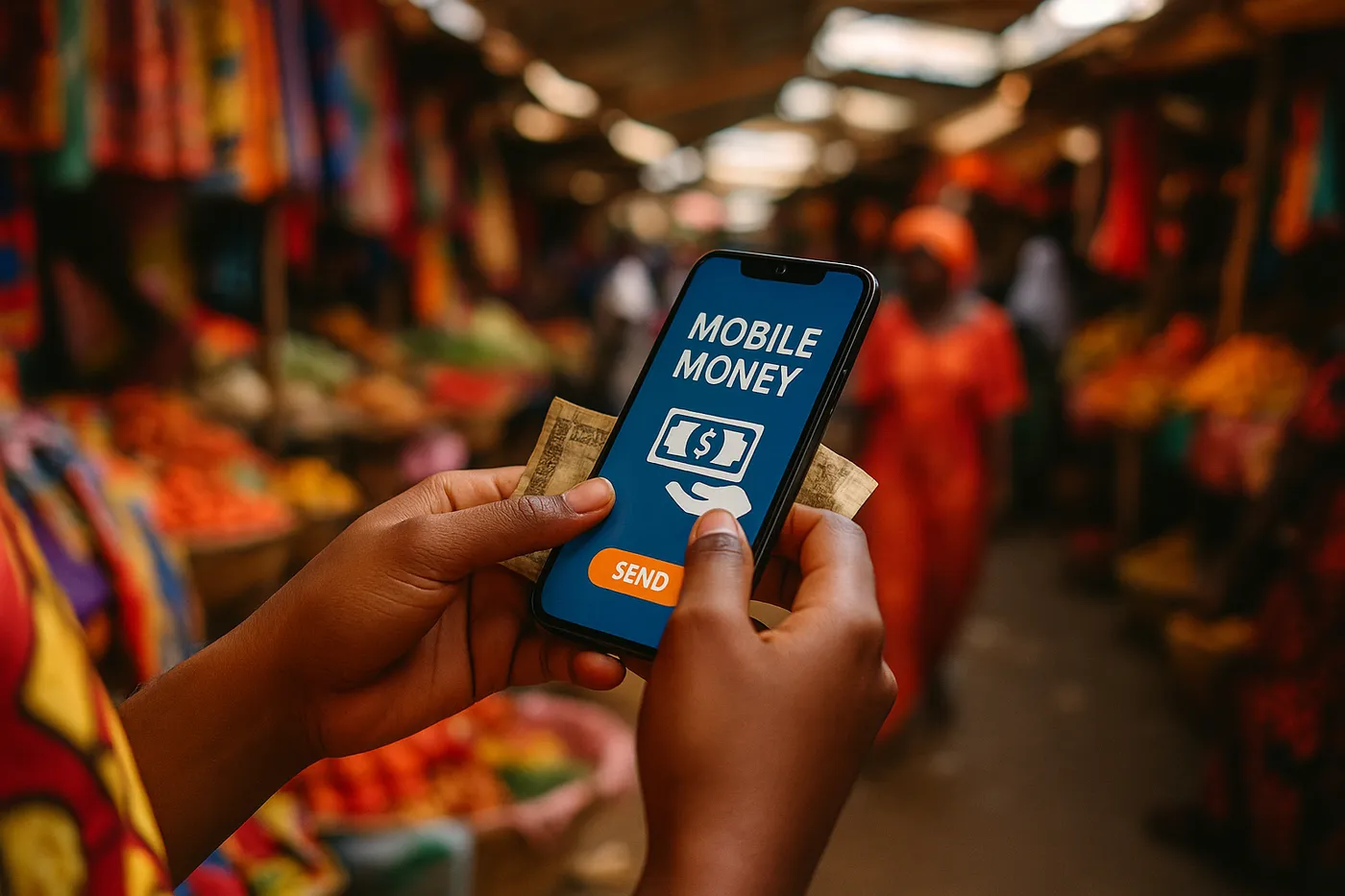
Photo 4: Market Evolution
Photo 4: Market Evolution
Aminata Toure's hands count mobile money transfers in Dakar's Sandaga Market, the same hands that once sorted millet in her family's Casamance fields. Her small business connecting rural suppliers with urban consumers exemplifies how migration creates economic bridges. The smartphone represents technology's role in maintaining rural-urban connections while enabling new forms of commerce.
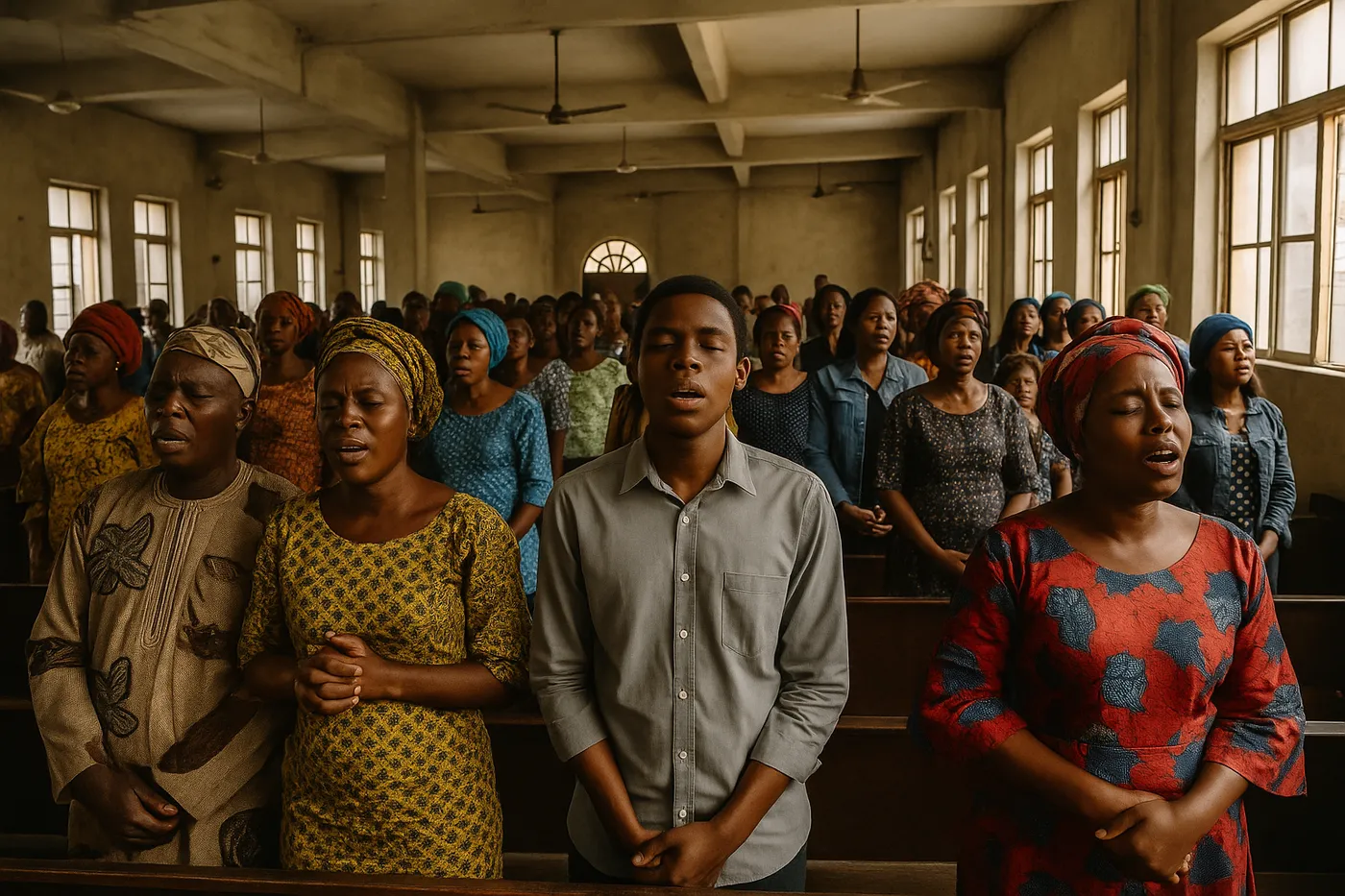
Photo 5: Cultural Continuity
Photo 5: Cultural Continuity
Sunday church service in Lagos's Mushin district where rural traditions find urban expression. Yoruba hymns sung by recent migrants maintain cultural threads while creating new communities. The traditional dress patterns against modern architecture visualize how urbanization preserves culture through transformation rather than replacement.
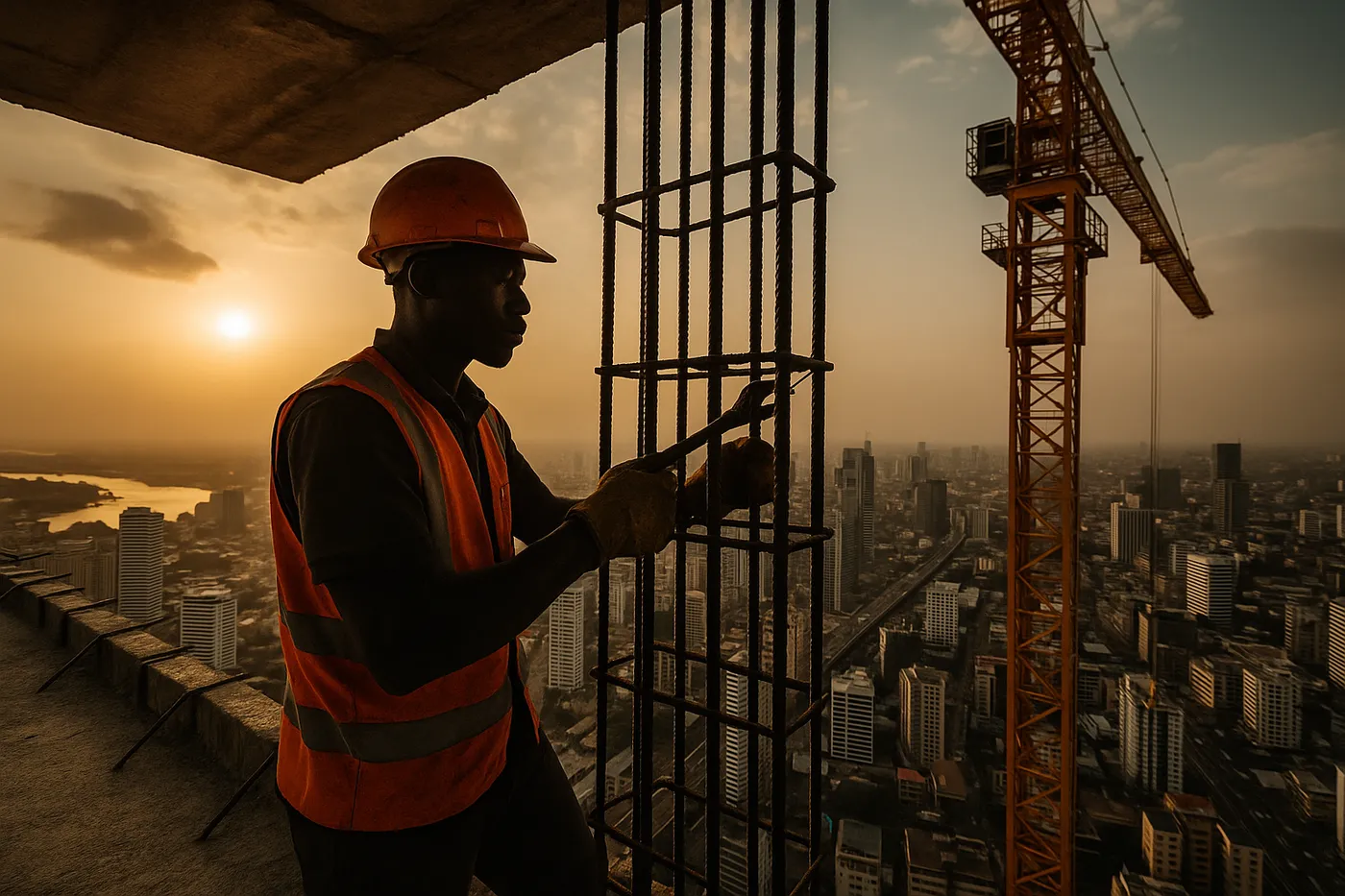
Photo 6: Building the Future
Photo 6: Building the Future
Construction worker Ibrahim Issa applies masonry skills learned in rural Niger to building Lagos's expanding skyline. His transition from village compound construction to urban skyscraper development shows how traditional skills scale up in city environments. Each building represents individual ambitions adding to collective urban transformation.
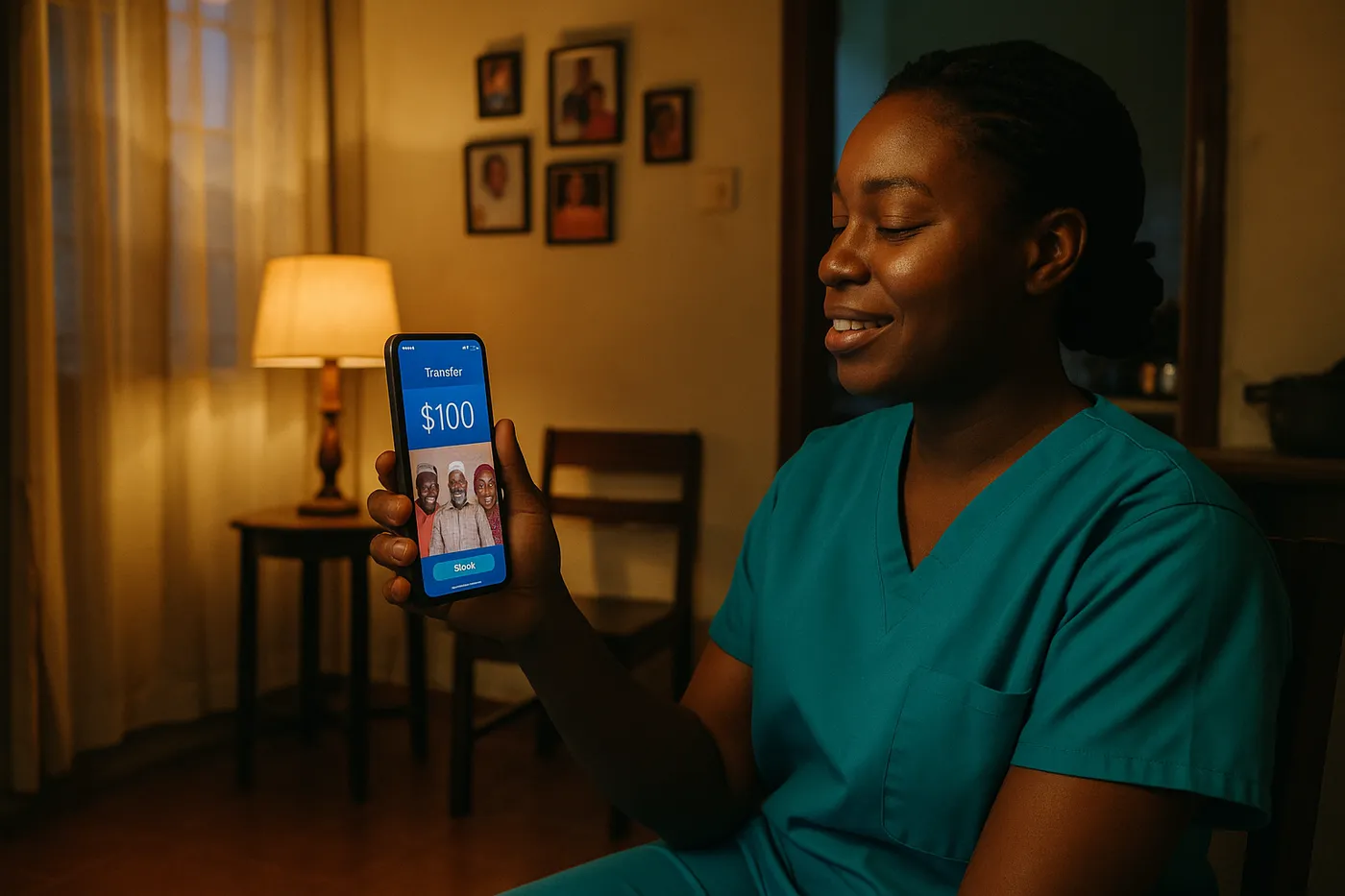
Photo 7: Remittance Connection
Photo 7: Remittance Connection
Evening video call between Adenike in her Lagos nursing job and her family back in Ogun State. The monthly money transfer visible on her phone screen demonstrates how migration connects rather than separates rural and urban economies. Her success enables rural investment while urban earnings support extended family networks, creating positive demographic feedback loops.
Photo Series Image Prompts
Prompt 1: Young Nigerian woman in early twenties sitting at wooden table in rural home, reviewing nursing certificates by kerosene lamp light, traditional mud brick walls visible in background, warm golden hour lighting streaming through small window, shot on Fujifilm X-T5 with 23mm f/2 lens, shallow depth of field, earth tones dominating color palette, contemplative expression showing determination mixed with uncertainty, family photos visible on walls, award-winning photojournalism, World Press Photo style, documentary photography capturing moment of life transition
Prompt 2: West African young man lying on thin mattress in crowded urban dormitory, seven beds visible in small room, concrete walls with peeling paint, single fluorescent bulb overhead, shot on Fujifilm X-T5 with 56mm f/1.2 lens, urban decay aesthetic with harsh artificial lighting, cluttered personal belongings scattered around beds, expressions of hope mixed with exhaustion, city sounds filtering through barred windows, award-winning photojournalism documenting urban migration reality
Prompt 3: Senegalese woman in her thirties teaching at whiteboard in modern Lagos tech office, mathematical equations visible on board, mix of traditional West African dress with contemporary urban style, natural office lighting, shot on Fujifilm X-T5 with 35mm f/1.4 lens, professional corporate environment contrasting with rural teacher aesthetic, students with laptops visible in background, warm skin tones against cool tech environment, documentary photography showing skill adaptation
Prompt 4: Young woman's hands counting mobile money on smartphone in bustling Dakar market, colorful fabrics and goods surrounding transaction, traditional market chaos in background, natural daylight filtering through market roof, shot on Fujifilm X-T5 with 56mm f/1.2 lens macro capabilities, tight focus on hands and phone screen, vibrant market colors of reds oranges and yellows, award-winning photojournalism capturing technological transformation in traditional spaces
Prompt 5: Interior of urban church during Sunday service, recent migrants from rural areas singing Yoruba hymns, mix of traditional African dress with modern urban clothing, natural light streaming through windows, shot on Fujifilm X-T5 with 23mm f/2 wide angle, congregation in prayer showing cultural continuity, architectural details showing urban adaptation of rural traditions, warm community atmosphere, documentary photography World Press Photo style
Prompt 6: West African construction worker in hard hat and safety vest working on Lagos skyscraper, cityscape visible far below, dramatic perspective showing height and urban expansion, golden hour lighting on concrete and steel, shot on Fujifilm X-T5 with 16mm ultra-wide lens, worker silhouetted against sky, construction equipment and urban development visible, industrial color palette of grays and oranges, award-winning documentary photography capturing urban transformation
Prompt 7: Nigerian nurse in small Lagos apartment conducting video call on smartphone with rural family, money transfer app visible on phone screen, evening interior lighting mixing artificial and natural sources, shot on Fujifilm X-T5 with 35mm f/1.4 lens, intimate domestic setting showing personal connections across distance, family photos visible in background, warm emotional lighting, documentary photography capturing modern migration connectivity
Photographer Portrait Prompt
Professional portrait of Nigerian male photographer in his late twenties, warm brown skin tone, short natural hair, wearing contemporary casual shirt with traditional Nigerian textile pattern, holding dual Fujifilm cameras, confident expression with gentle smile, urban Lagos background softly blurred, natural golden hour lighting, shot with professional portrait lens, approachable and artistic personality showing through expression, professional portrait photography

